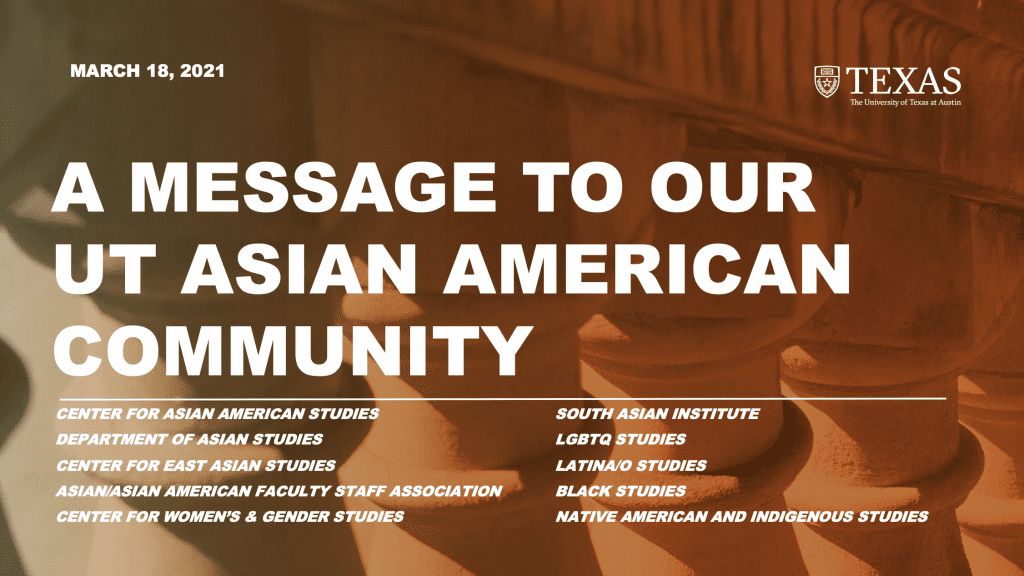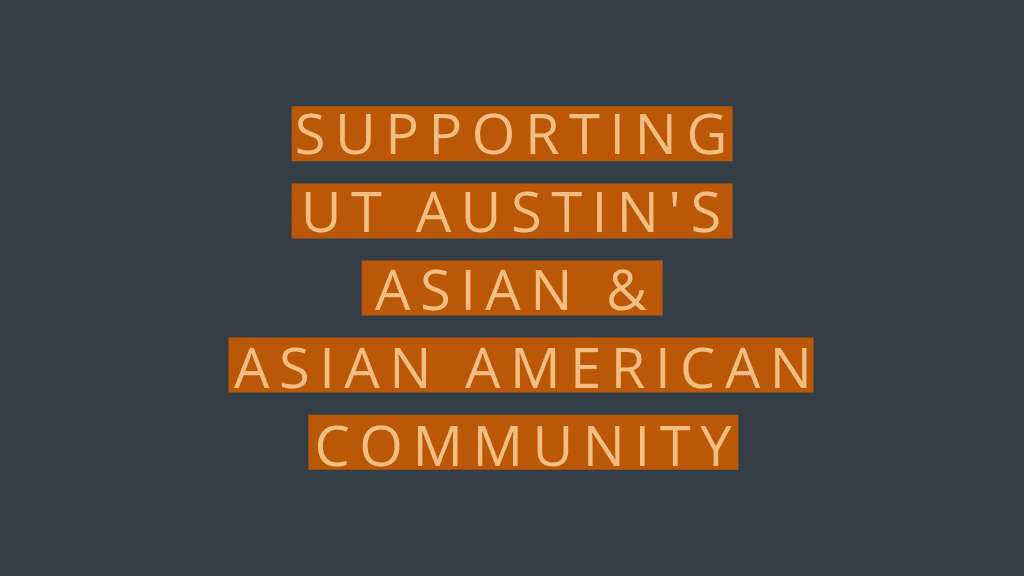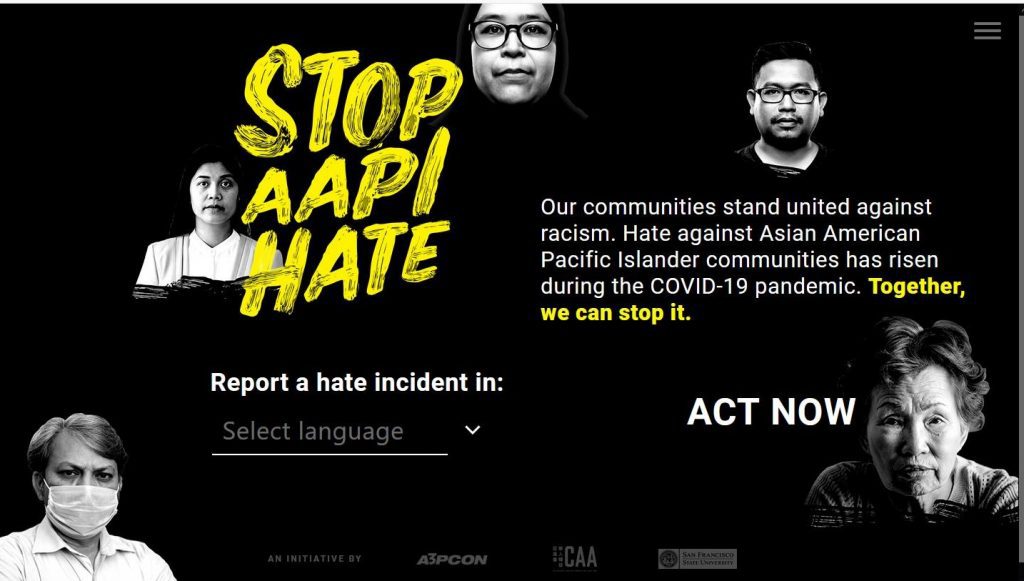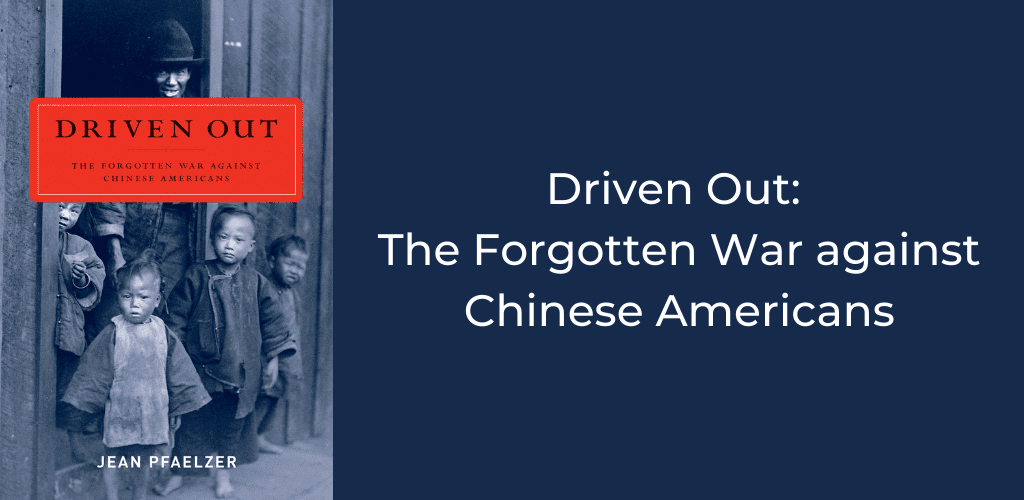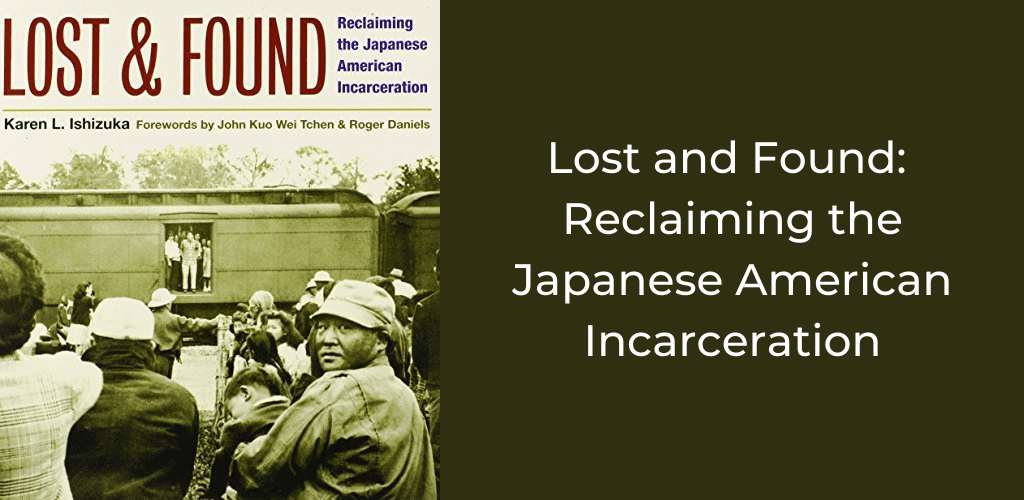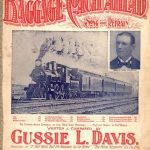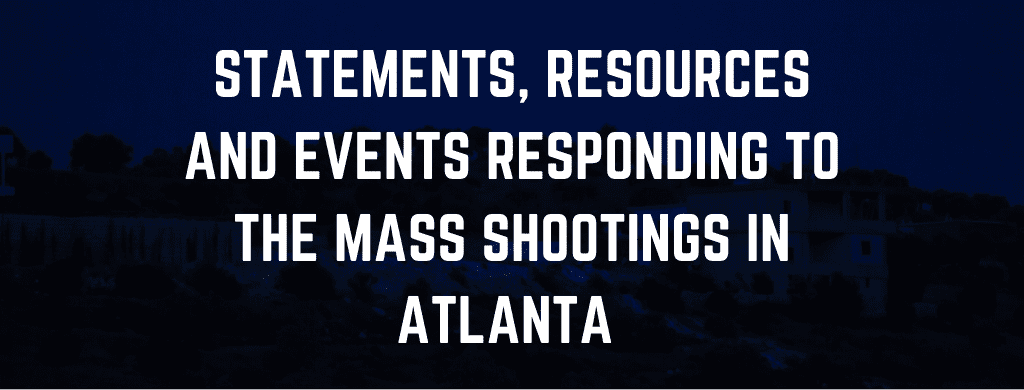
From the editors: Not Even Past joins the wider University of Texas community in our horror at the recent mass shootings in Atlanta. We express our solidarity with the messages and statements below and have included details of important events and workshops focused on confronting anti-Asian racism. The events in Atlanta cannot be separated from a long and painful history of anti-Asian racism in the United States that has been exacerbated over the past year. This page includes resources and books that shed light on this long history. It is an evolving resource that will be frequently updated.
Messages and Statements
To the Asian American students, staff, faculty of UT and beyond:
You are loved and cared for in this moment of heightened racist and misogynistic violence against our communities. The anguish, sadness, vulnerability, and rage you feel following the massacre in Atlanta demand full recognition. Contained in them is a truth not only about the pandemic era, but about the making of the United States. Asian Americans have long been enlisted as the scapegoats who bring to fruition reactionary nationalism, patriarchy, displaced economic resentment. These goals were achieved by rendering Asians in the United States perpetually “alien” and therefore unworthy of citizenship and entry to the country during the late-nineteenth and early-twentieth centuries. During World War II they took the form of the unconstitutional imprisonment of Japanese Americans. As de-industrialization led to economic and urban decline during the 1980s, these goals were exercised against Asian immigrants who were said to be stealing American jobs. In the post-9/11 period the goal of creating a new and expanded homeland security state was achieved through the vilification of and violent attacks against those of South and Central Asian descent, particularly those who hail from Islamic-majority countries.
That Asian Americans are again being used as scapegoats during another watershed moment should not come as a surprise to anyone. This is especially true when we consider that the former president of the United States, with his proclamations of COVID-19 as the “China Virus,” played a key role in recruiting Asian Americans for this role. Some will try to argue that this was not an act of racism but of free speech or “individual resentment.”Similarly, there are those who will try to convince you that the killings in Atlanta were motivated by something other than white supremacy, racism and sexism— as if a discussion of mental instability should eclipse the discussion of intersectional, structural oppression. These disavowals point to another recurring aspect of the historical injuries inflicted on Asian Americans: our oppression is always doubted, if not outright denied. Our oppression is too often rendered invisible and unimportant. The point of this short message is to assert just the opposite. The Center for Asian American Studies recognizes that the violence we experience is real and unrelenting. As best we can we, and in the most appropriate ways possible, our goal is to provide support for our community, especially for those who feel alone and unrecognized in this moment. Here are some initial steps/resources are listed below.
Sincerely yours,
Center for Asian American Studies
Department of Asian Studies
Center for East Asian Studies
Asian/Asian American Faculty Staff Association
Center for Women’s & Gender Studies
South Asian Institute
LGBTQ Studies
Latina/o Studies Department
Black Studies Department
Native American & Indigenous Studies
This last year has been punctuated with incidents of hate directed against the Asian and Asian American community and ending in the terrible events in Atlanta on March 16, 2021. Our hearts ache today with our Asian and Asian American students, faculty, staff, and friends.
We in the Department of History join the Center for Asian American Studies in calling for recognition of this violence and the deep wounds inflicted by Anti-Asian racism and hate. As a department and as historians, we reaffirm our commitment to teaching the long and painful history of anti-Asian racism in the United States and to exposing the deep roots of prejudice.
We stand today and always with members of the Asian and Asian American community and we express our solidarity with the statements made by the Center for Asian American Studies and the American Historical Association. There is much that can be done and learned from this terrible moment.
Sincerely,
Department of History
Not Even Past will link to additional statements here:
Statement on Violence against Asians and Asian Americans, Immigration and Ethnic History Society
AHA Statement on Violence against Asians and Asian Americans (March 2021)
Statement from the Association for Asian American Studies
Statement from the Association for Asian Studies
Events and Community Resources
Confronting Anti-Asian Racism: A Bystander Intervention Workshop
When: Monday 3/29 @ 1:30PM or Tuesday 3/30 @ 2PM
Registration: https://utexas.qualtrics.com/jfe/form/SV_1B5zaNuhacugGz4
Description: This digital workshop is open to all current UT students, staff and faculty with limited capacity via ZOOM. Confronting Anti-Asian Racism is a 1.5 hour interactive workshop that will lead participants through the history of anti-Asian xenophobia in the US as it relates to the present day Asian American experience. This historical context will provide a foundation for attendees to practice identifying and interrupting anti-Asian bias through the BeVocal bystander intervention model. The workshop requires active participation in small groups and working through real-world scenarios of microaggression and covert/overt anti-Asian racism.
Coordinated by Sahtiya Hammell, UT’s Bystander Intervention Program Coordinator, and Tony Vo, CAAS assistant director.
#StopAsianHate Rally & Vigil
When: April 17 from 4-6pm
Description: Join the rally to #StopAsianHate at Austin City Hall! We stand with Asians across the country in solidarity to condemn anti-Asian racism in all forms. Masks and social distancing required.
Asian Voices @ UT and Community Newsletter
A drop-in group called Asian Voices @ UT meets every Tuesday from 4:45-6:15 p.m. In tangent with the group, there is also a newsletter with mental health and community resources that is identity-affirming. Students can sign up for the newsletter, which includes information on how to sign up for the group’s Zoom.
Virtual Office Hours via The Center for Asian American Studies (CAAS)
Amy Tao-Foster of CMHC has traditionally held office hours at CAAS where students can drop in for support and community, or ask questions about mental health and other resources. She will hold office hours from 1-1:50 p.m. on Tuesdays. Students who are interested can email Amy to schedule a Zoom meeting for office hours.
Counseling Appointments for Asian, Pacific Islander, and Desi American (APIDA) Students
Staff and faculty can also refer students directly to Amy Tao-Foster as the Diversity Counseling and Outreach Specialist. If students are hesitant to call CMHC to request an appointment, they can be referred directly to Amy at 512-475-6943. If she is unable to answer, they can leave a message with their name, EID, and phone number, and Amy will be able to call them back to set up a phone or video counseling appointment.
Coping with Racial Trauma
Dr. Connesia Handford, also holds a workshop series for students of color on Mondays from noon to 1 p.m., where they can learn helpful tools and techniques for coping with racial trauma. Students can sign up here.
Resources
Readings on the history of anti-Asian racism and how to be an anti-racist ally, compiled by Jennifer Ho (University of Colorado Boulder)
Antiracist Toolkit, focused on the action areas of educating and assessing ourselves; examining and revising our work; and enacting change. Created by the Department of Asian Studies, University of North Carolina at Chapel Hill
“Coronavirus and Racism: Asian-Americans in the Crossfire,” July 2020 episode of Asia Matters podcast featuring AAS President Christine R. Yano (University of Hawaii at Manoa) and Jennifer Pan (Stanford University)
Christine R. Yano, “Racing the Pandemic: Anti-Asian Racism amid COVID-19,” from The Pandemic: Perspectives on Asia, edited by Vinayak Chaturvedi and published by the AAS Asia Shorts book series
“Black and Asian American Feminist Solidarities: A Reading List,” created by Black Women Radicals
“Confronting Prejudice: How to Protect Yourself and Help Others,” from OnlinePsychology@Pepperdine, the Online Master of Psychology program from Pepperdine University
Documenting Anti-Asian racism
“In response to the alarming escalation in xenophobia and bigotry resulting from the COVID-19 pandemic, Asian Pacific Planning and Policy Council (A3PCON), Chinese for Affirmative Action (CAA), and the Asian American Studies Department of San Francisco State University launched the Stop AAPI Hate reporting center on March 19, 2020. The center tracks and responds to incidents of hate, violence, harassment, discrimination, shunning, and child bullying against Asian Americans and Pacific Islanders throughout the United State”
Podcasts and conversations
This is Democracy – Episode 140: Asian American History and Exclusion
A conversation with Dr Madeline Hsu

Books – The Long History of Anti-Asian Racism
Driven Out: The Forgotten War against Chinese Americans
Driven Out exposes a shocking story of ethnic cleansing in California and the Pacific Northwest when the first Chinese Americans were rounded up and purged from more than three hundred communities by lawless citizens and duplicitous politicians. From 1848 into the twentieth century, Chinatowns burned across the West as Chinese miners and merchants, lumberjacks and fieldworkers, prostitutes and merchants’ wives were violently loaded onto railroad cars or steamers, marched out of town, or killed.
But the Chinese fought back—with arms, strikes, and lawsuits and by flatly refusing to leave. When red posters appeared on barns and windows across the United States urging the Chinese to refuse to carry photo identity cards, more than one hundred thousand joined the largest mass civil disobedience to date in the United States. The first Chinese Americans were marched out and starved out. But even facing brutal pogroms, they stood up for their civil rights. This is a story that defines us as a nation and marks our humanity.
https://www.ucpress.edu/book/9780520256941/driven-out
The Politics of Prejudice: The Anti-Japanese Movement in California and the Struggle for Japanese Exclusion
This classic study offers a history of anti-Japanese prejudice in California, extending from the late nineteenth century to 1924, when an immigration act excluded Japanese from entering the United States. The Politics of Prejudice details the political climate that helped to set the stage for the incarceration of Japanese Americans during World War II and reveals the racism present among middle-class American progressives, labor leaders, and other presumably liberal groups.
https://www.ucpress.edu/book/9780520219502/the-politics-of-prejudice
Yellow Peril! An Archive of Anti-Asian Fear
The “yellow peril” is one of the oldest and most pervasive racist ideas in Western culture—dating back to the birth of European colonialism during the Enlightenment. Yet while Fu Manchu looks almost quaint today, the prejudices that gave him life persist in modern culture. Yellow Peril! is the first comprehensive repository of anti-Asian images and writing, and it surveys the extent of this iniquitous form of paranoia.
Written by two dedicated scholars and replete with paintings, photographs, and images drawn from pulp novels, posters, comics, theatrical productions, movies, propagandistic and pseudo-scholarly literature, and a varied world of pop culture ephemera, this is both a unique and fascinating archive and a modern analysis of this crucial historical formation.
https://www.versobooks.com/books/1508-yellow-peril
Haunting the Korean Diaspora: Shame, Secrecy, and the Forgotten War
Through intellectual vigor, Haunting the Korean Diaspora explores the repressed history of emotional and physical violence between the United States and Korea and the unexamined reverberations of sexual relationships between Korean women and American soldiers.
At once political and deeply personal, Cho’s analysis of U.S. neocolonialism and militarism under contemporary globalization brings forth a new way of understanding—and remembering—the impact of the Korean War.
https://www.upress.umn.edu/book-division/books/haunting-the-korean-diaspora
Lost and Found: Reclaiming the Japanese American Incarceration
For decades, a fog of governmental cover-ups, euphemisms, and societal silence kept the victims the mass incarceration of Americans of Japanese descent during World War II from understanding their experiences. The Japanese American National Museum mounted a critically acclaimed exhibition with the twin goals of educating the general public and encouraging former inmates to come to grips with and tell their own history.
Combining heartfelt stories with first-rate scholarship, Lost and Found reveals the complexities of a people reclaiming the past. Author/curator Karen L. Ishizuka, a third-generation Japanese American, deftly blends official history with community memory to frame the historical moment of recovery within its cultural legacy. Detailing the interactive strategy that invited visitors to become part of the groundbreaking exhibition, Ishizuka narrates the processes of revelation and reclamation that unfolded as former internees and visitors alike confronted the experience of the camps. She also analyzes how the dual act of recovering—and recovering from—history necessitates private and public mediation between remembering and forgetting, speaking out and remaining silent.
Lost and Found: Reclaiming the Japanese American Incarceration (Asian American Experience
